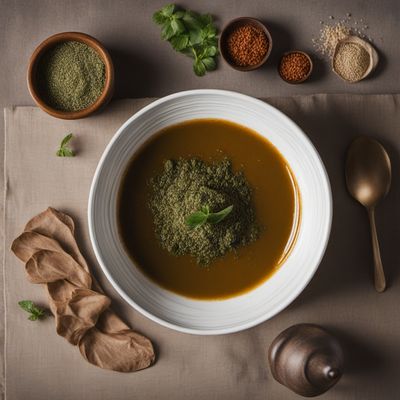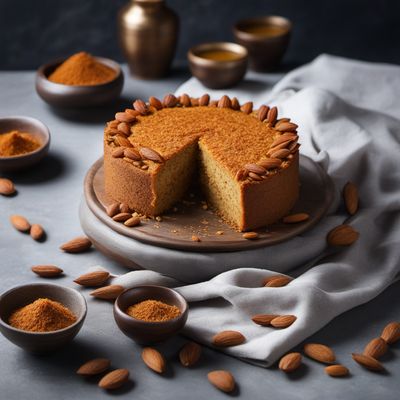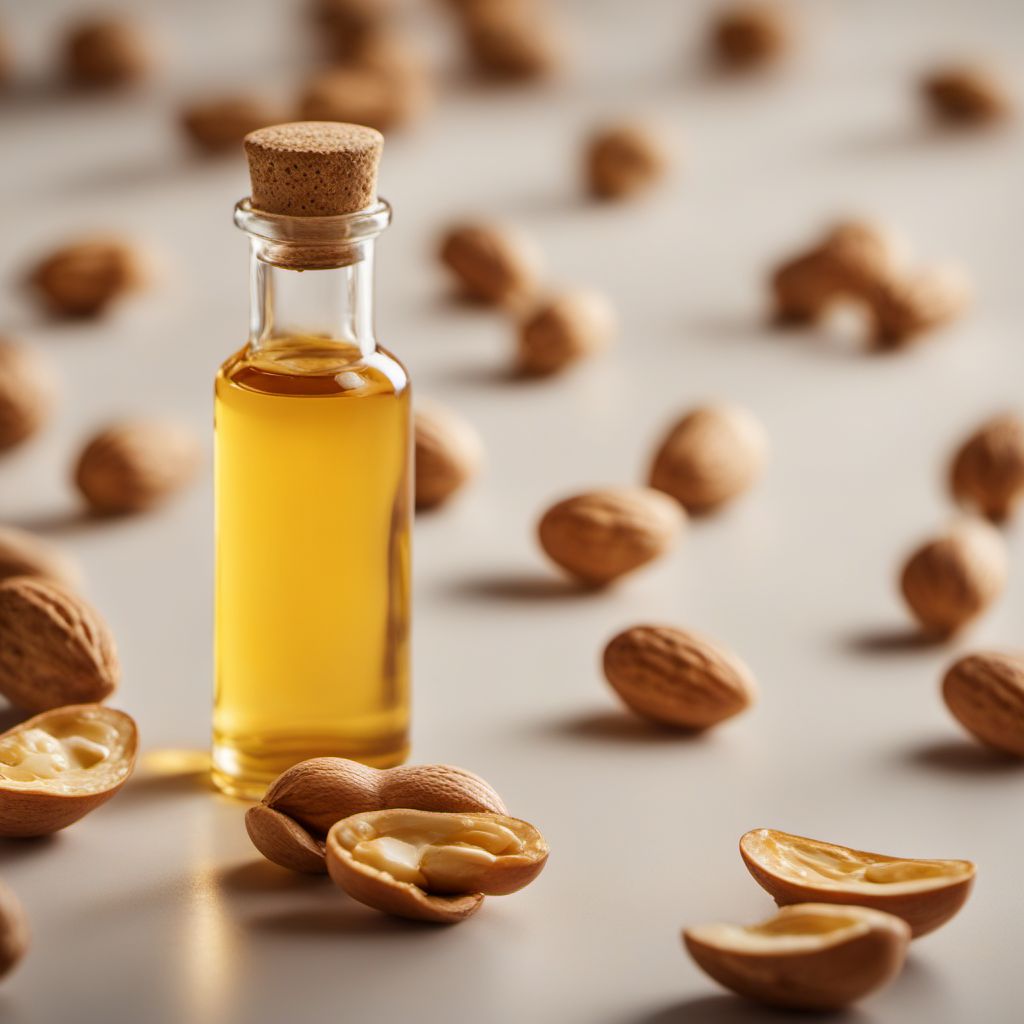
Ingredient
Peanut oil, edible
Liquid Gold: Unveiling the Versatility of Peanut Oil
Peanut oil is a pale yellow, mild-tasting oil extracted from peanuts. It has a high smoke point, making it ideal for frying and deep-frying. With a smooth and light texture, it adds a subtle nutty flavor to dishes without overpowering other ingredients. Its appearance is clear and transparent, and it is often used in both traditional and modern cuisines.
Origins and history
Peanut oil has a rich history that dates back thousands of years. It is believed to have originated in South America, where peanuts were first cultivated. From there, it spread to other parts of the world through trade routes. In Asian cuisines, peanut oil has been a staple for centuries, particularly in Chinese, Thai, and Indian cooking. It gained popularity in the Western world during the 19th century and has since become a common ingredient in various global cuisines.
Nutritional information
Peanut oil is a good source of monounsaturated fats, which are considered heart-healthy. It also contains vitamin E, an antioxidant that helps protect cells from damage. With approximately 120 calories per tablespoon, it is a calorie-dense oil.
Allergens
Peanut oil may cause allergic reactions in individuals with peanut allergies, although highly refined peanut oil is generally considered safe for most people with peanut allergies.
How to select
When selecting peanut oil, look for brands that use high-quality peanuts and employ proper extraction methods. Opt for oils that are labeled as "pure" or "100% peanut oil" to ensure you are getting a product without any additives or blends. Additionally, check the expiration date to ensure freshness.
Storage recommendations
To maintain the freshness and quality of peanut oil, store it in a cool, dark place away from direct sunlight. It is best to keep it tightly sealed to prevent oxidation. Properly stored, peanut oil can last for up to a year.
How to produce
While producing peanut oil on a large scale requires specialized equipment, amateur gardeners can grow peanuts in warm climates. Peanuts are legumes that grow underground, and the oil can be extracted by roasting and pressing the peanuts.
Preparation tips
Peanut oil is incredibly versatile and can be used for frying, sautéing, stir-frying, and even baking. Its high smoke point of around 450°F (232°C) makes it suitable for deep-frying, as it can withstand high temperatures without breaking down. When using peanut oil, it is important to monitor the heat to prevent overheating and burning. Additionally, peanut oil can be used as a base for salad dressings or as a finishing oil to add a nutty flavor to dishes.
Substitutions
Sunflower oil, canola oil, or soybean oil can be used as suitable substitutes for peanut oil in most recipes.
Culinary uses
Peanut oil is commonly used in Asian cuisines for stir-frying, deep-frying, and making sauces. It is also a popular choice for frying chicken, as it adds a distinct flavor and helps achieve a crispy texture. In baking, peanut oil can be used in cakes, cookies, and bread to add moisture and richness.
Availability
Peanut oil is commonly available in regions where peanuts are cultivated, such as the United States, China, India, and West Africa.
More ingredients from this category » Browse all
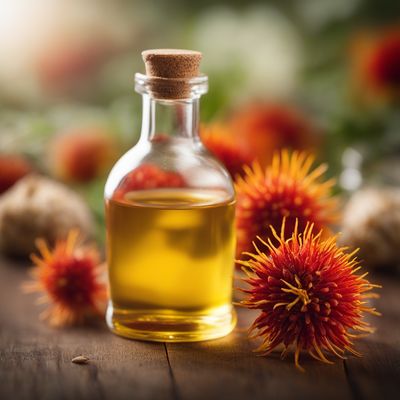
Safflower seed oil, edible
The Golden Elixir: Unveiling the Secrets of Safflower Seed Oil
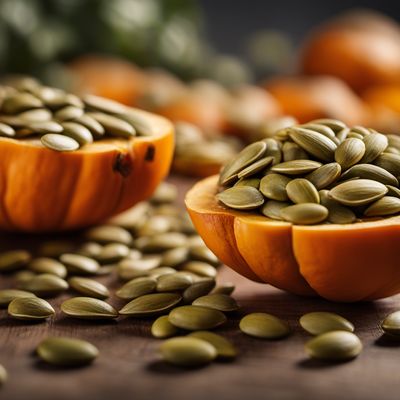
Pumpkin seed oil
Liquid Gold: Unveiling the Richness of Pumpkin Seed Oil
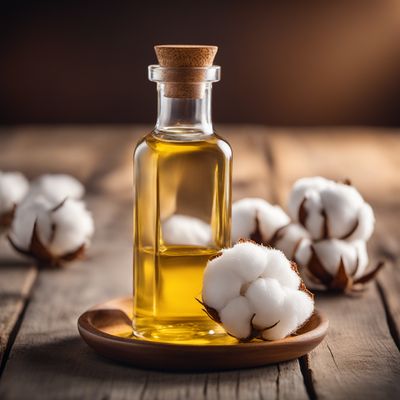
Cotton seed oil, edible
The Versatile Cotton Seed Oil
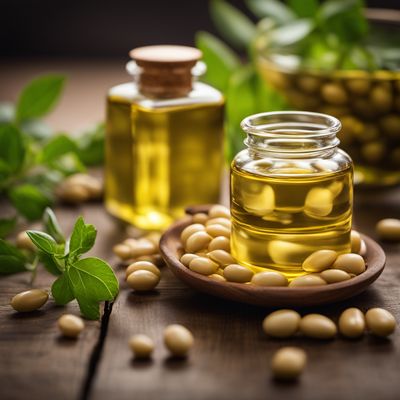
Soya bean oil, refined
The Versatile Oil: Refined Soya Bean Oil

Almond oil
Liquid Gold

Hemp seed oil
Nature's Elixir
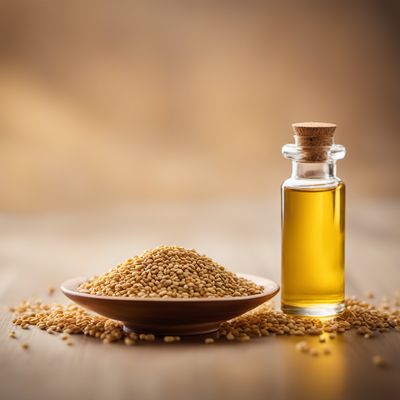
Sesame seed oil, edible
The Golden Elixir: Edible Sesame Seed Oil
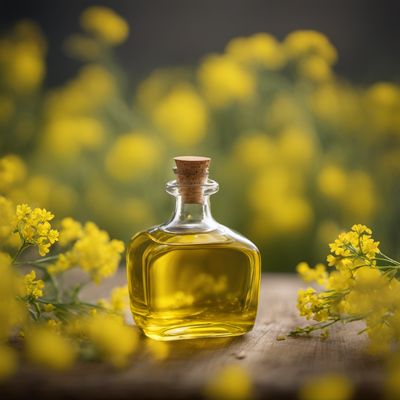
Rape seed oil, edible
The Golden Elixir: Edible Rapeseed Oil
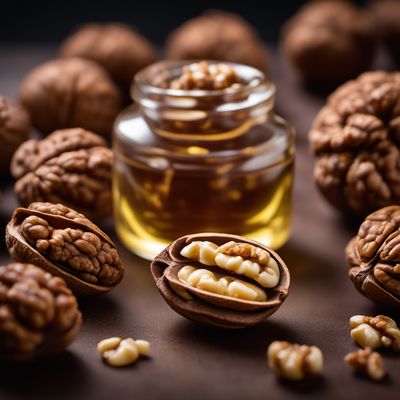
Walnut oil
Liquid Gold: Unveiling the Richness of Walnut Oil
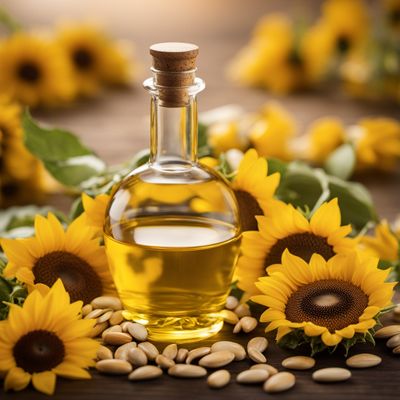
Sunflower seed oil, edible
Golden Elixir from the Sun
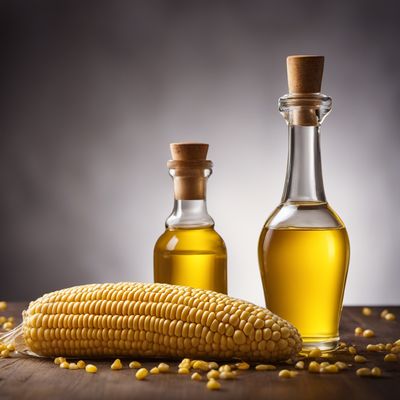
Maize oil, edible
Golden Elixir: Unveiling the Secrets of Maize Oil

Linseed oil
The Golden Elixir: Linseed Oil

